Mental Health Posts on Crowch
👨⚕️ Male Infertility in Saudi Arabia & Emirates: Myths, Facts, and Natural Support with Supplements
Starting a family—conceiving, carrying, and welcoming a child—is one of life’s most profound and joyful experiences. However, infertility affects nearly 20% of young couples worldwide, including those in Saudi Arabia and the Emirates, making this journey challenging for many.
A widespread myth persists that infertility is primarily a woman’s issue, but in reality, male infertility accounts for about 50% of cases where couples struggle to conceive. This fact highlights the importance of understanding male reproductive health with openness and support.
❌ Breaking the Myth: Male Infertility Is Not Just About Potency
Many men assume that as long as their sexual function (potency) is normal, their fertility is not at risk. This is a common misconception. While erectile dysfunction can sometimes correlate with infertility, many other factors can affect a man’s ability to father a child.
When a woman’s health is confirmed to be conducive to pregnancy but conception still does not occur, the next step is to gently encourage the male partner to consult a specialist—an andrologist—without blame or judgment.
Key causes of male infertility include:
- Infections of the reproductive system that can impair sperm quality.
- Hormonal imbalances disrupting sperm production and function.
- Disorders of reproductive organs such as cryptorchidism, epididymal cysts, varicocele, as well as immune or genetic issues.
These conditions can interfere with the creation of healthy, motile sperm capable of fertilizing an egg.
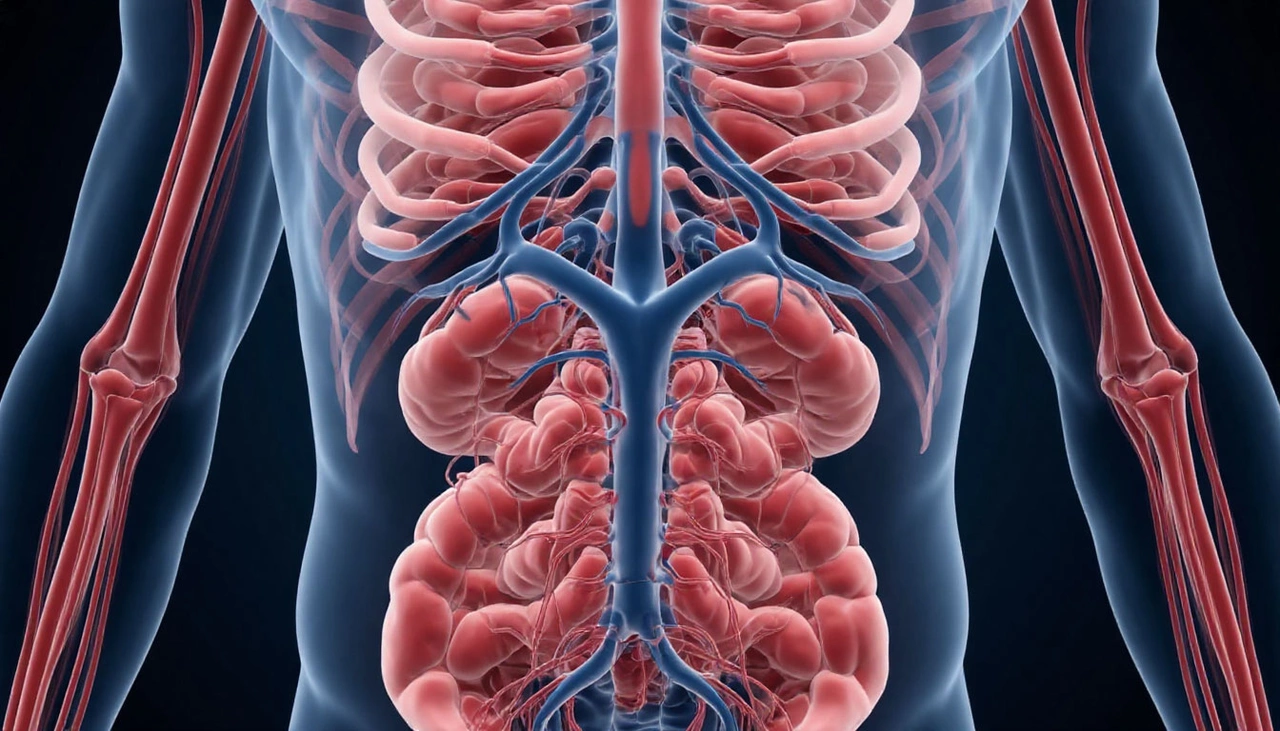
🐾 "Lazy Sperm" and Their Role in Fertility
Once sperm enter the female reproductive tract, they can survive for approximately 2-3 days, but only the most active and healthy sperm succeed in fertilizing the egg. Poor sperm motility ("lazy sperm"), low count, or abnormal morphology greatly reduce the chances of conception.
🌿 Nourishing Male Fertility: Key Supplements for Saudi Arabia & Emirates
Modern research emphasizes the power of certain natural compounds and supplements to support sperm quality, concentration, and motility. These supplements can be particularly valuable in Saudi Arabia and Emirates, where lifestyle factors like heat, diet, and stress may negatively affect male reproductive health.
Here are essential nutrients and their benefits:
- L-Carnitine: Crucial for the energy metabolism of sperm cells. Studies confirm that carnitine supports sperm motility, morphology, concentration, and overall sperm count.
- Acetyl-L-Carnitine: Enhances protein synthesis and accelerates energy metabolism in Sertoli cells, which play a critical role in sperm development.
- L-Arginine: Protects sperm and even in small amounts increases sperm count and motility, boosting fertility potential.
- Vitamin C: A potent antioxidant found in seminal plasma that reduces oxidative damage to sperm. Supplementation improves sperm quality, even in smokers.
- Vitamin E: Supports male reproductive functions. Deficiency can cause impaired spermatogenesis and testicular dysfunction. Vitamin E enhances testicular health and reproductive capacity.
- Zinc: Vital for sperm production, it increases sperm density, boosts the proportion of fast-moving sperm, and raises testosterone levels essential for spermatogenesis. Zinc deficiency may lead to impotence, infertility, and low sperm count.
- Selenium: Works with zinc to support spermatogenesis and acts as a strong antioxidant protecting sperm from free radical damage.
- Glutathione: Crucial for protecting sperm from oxidative stress and maintaining motility. A deficiency reduces sperm movement and viability.
- Folate (Vitamin B9): Important for cell development and division. Research shows folate combined with zinc improves sperm health.
- Vitamin B12: Works with folate in DNA synthesis and supports nervous system function, indirectly benefiting fertility.
- Vitamin B6: Supports metabolism and plays a role in sperm health, maturation, and motility according to recent studies.
💡 Practical Advice for Men in Saudi Arabia & Emirates Struggling with Fertility
- Open Communication: Approach the topic of fertility with understanding and support to encourage partner cooperation.
- Consult Specialists Early: Visit an andrologist or fertility clinic to diagnose and address potential issues promptly.
- Lifestyle Changes: Maintain a balanced diet rich in antioxidants, manage stress, avoid smoking and excessive heat exposure.
- Targeted Supplementation: Incorporate scientifically backed supplements containing the nutrients mentioned above to boost sperm quality naturally.
Conclusion
Male infertility is a complex issue often misunderstood and surrounded by myths, especially in Saudi Arabia and Emirates where cultural sensitivities may delay seeking help. Understanding that fertility depends on multiple factors beyond sexual potency is key.
Natural supplements like L-carnitine, vitamins, zinc, and selenium offer promising support to improve sperm health and increase chances of conception. Alongside healthy lifestyle habits and professional medical advice, these measures empower couples on their path to parenthood.

⚠️ Back Pain in the Emirates & Saudi Arabia: More Common Than You Think
In Saudi Arabia and the UAE, a growing number of residents report recurring back pain — from sharp twinges after sleep to chronic evening stiffness. Sedentary office work, long hours at the wheel, stress, and high-intensity workouts are just a few culprits.
📌 While only a doctor can pinpoint the exact cause, supplements may support spinal health by reducing inflammation, muscle tension, and joint stiffness. This guide explores natural solutions that can complement your treatment plan and help you move freely again.
👥 Who’s Most at Risk for Back Pain in Saudi Arabia & the Emirates?
Back pain affects all age groups, but certain people are more prone:
- Sedentary workers — Hours at a desk or driving cause muscle tightness and postural imbalances.
- Heavy lifters & athletes — Overloading the body without proper recovery leads to inflammation and microtraumas.
- Overweight individuals — Excess weight puts stress on spinal joints, especially in the lower back.
- Adults over 50 — Age-related changes in joints and intervertebral discs increase stiffness.
- People with chronic inflammation — Conditions like arthritis or autoimmune issues may intensify back discomfort.
💊 Emirates-Approved: Top 5 Supplements That Help with Back Pain
While supplements don’t deliver instant pain relief, they target the root causes — cartilage degeneration, inflammation, and muscle spasms. Here's what science supports:
1️⃣ Glucosamine + Chondroitin — Building Blocks for Your Spine
These two compounds are naturally found in joint cartilage. Supplementing them helps:
- Slow down disc degeneration
- Maintain cartilage elasticity
- Improve joint mobility
- Ease stiffness in the spine
They’re especially helpful for people with osteoarthritis or early degenerative disc disease.

2️⃣ Boswellia + Rutin — Anti-Inflammatory Synergy
Boswellia is a powerful herb known to reduce inflammation. When paired with rutin, a natural bioflavonoid, this combo:
- Soothes irritated nerve roots
- Reduces swelling
- Enhances flexibility in spinal joints
- Minimizes need for painkillers
Great for those with chronic lower back pain or sciatica.
3️⃣ Curcumin + Piperine — Golden Support for Flexibility
Curcumin, the active ingredient in turmeric, has well-documented anti-inflammatory effects. On its own, curcumin has low absorption, but adding piperine (black pepper extract) boosts its bioavailability by up to 2000%.
Benefits include:
- Relief from arthritis-related back pain
- Faster recovery post-exercise
- Reduced morning stiffness
It also supports joint regeneration and can be taken long-term.
4️⃣ Magnesium Citrate — Muscle Calm & Nerve Balance
Magnesium plays a vital role in muscle function and nerve signaling. Low levels may contribute to:
- Spasms
- Cramps
- Poor sleep
- Heightened pain sensitivity
Magnesium citrate is one of the most easily absorbed forms, making it ideal for those under physical or emotional stress.
🧬 What Are Lipotropic Nutrients?
Forget harsh detox trends — lipotropic nutrients offer a gentler, more science-backed approach to cleansing the body. These are compounds that help the liver process and eliminate fats, preventing their accumulation and supporting metabolic health.
Rather than shocking your system, lipotropes enhance the body's natural detox functions, especially in the liver — the main organ responsible for filtering toxins, hormones, and metabolic waste.
The three most recognized lipotropic agents are:
- Choline
- Inositol
- Methionine
Together, they:
- Improve fat metabolism and prevent fatty liver buildup
- Support liver detoxification pathways
- Encourage healthy bile flow, aiding digestion and toxin removal
- Help reduce the load on the body from poor diet, alcohol, or sedentary habits
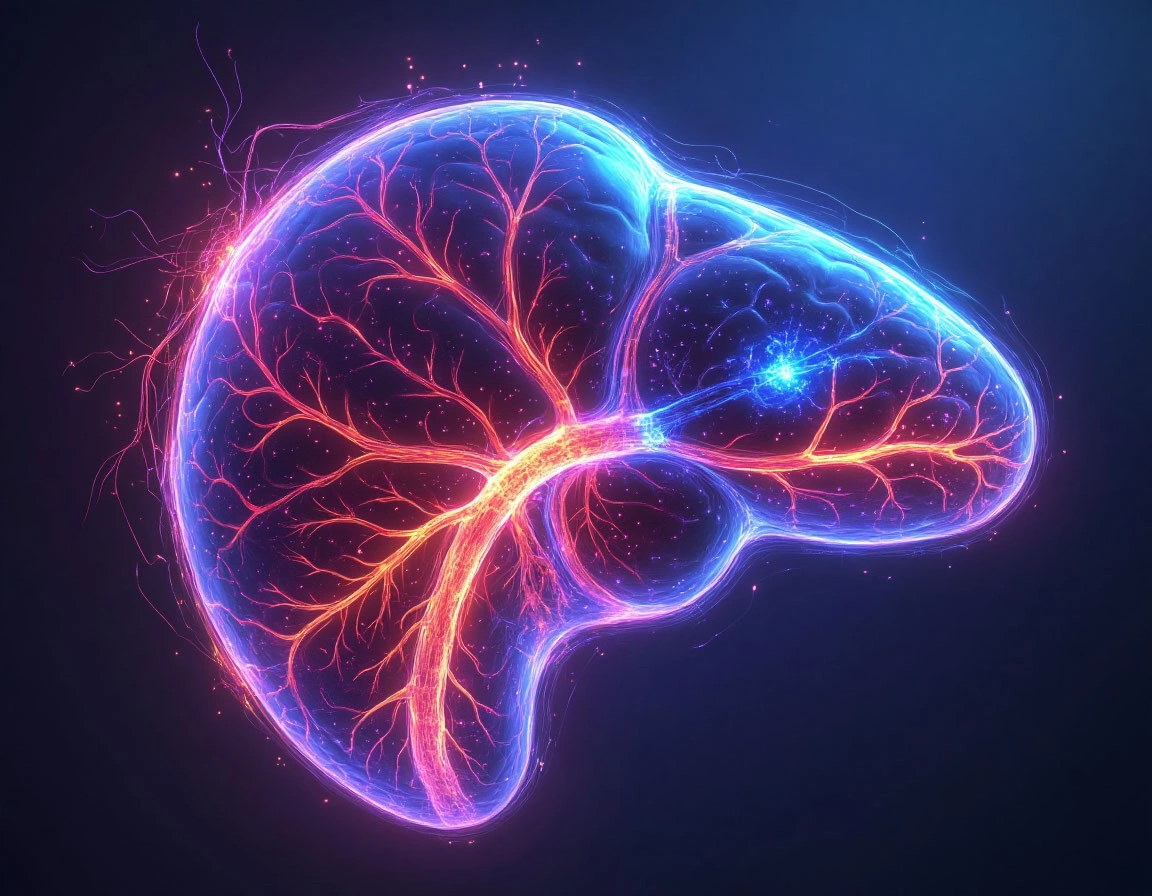
🍳 Choline – The Liver’s Unsung Hero
Choline is essential for fat transport and liver function. It's involved in creating phosphatidylcholine — a molecule that breaks down fat for energy and keeps it from being stored in the liver.
Low choline intake is linked to:
- Fatty liver development
- Poor memory and mood
- Sluggish metabolism
Foods like eggs, liver, and soy contain choline, but modern diets often fall short — which is where supplementation can help.
🌼 Inositol – More Than Just a Vitamin-Like Sugar
Often grouped with B-vitamins, inositol plays a key role in cell signaling, fat breakdown, and insulin sensitivity.
It helps:
- Mobilize fats from the liver
- Support hormonal balance, especially in women with PCOS
- Improve mood and nervous system health
In detox blends, inositol works synergistically with choline, enhancing lipid metabolism and liver clarity.
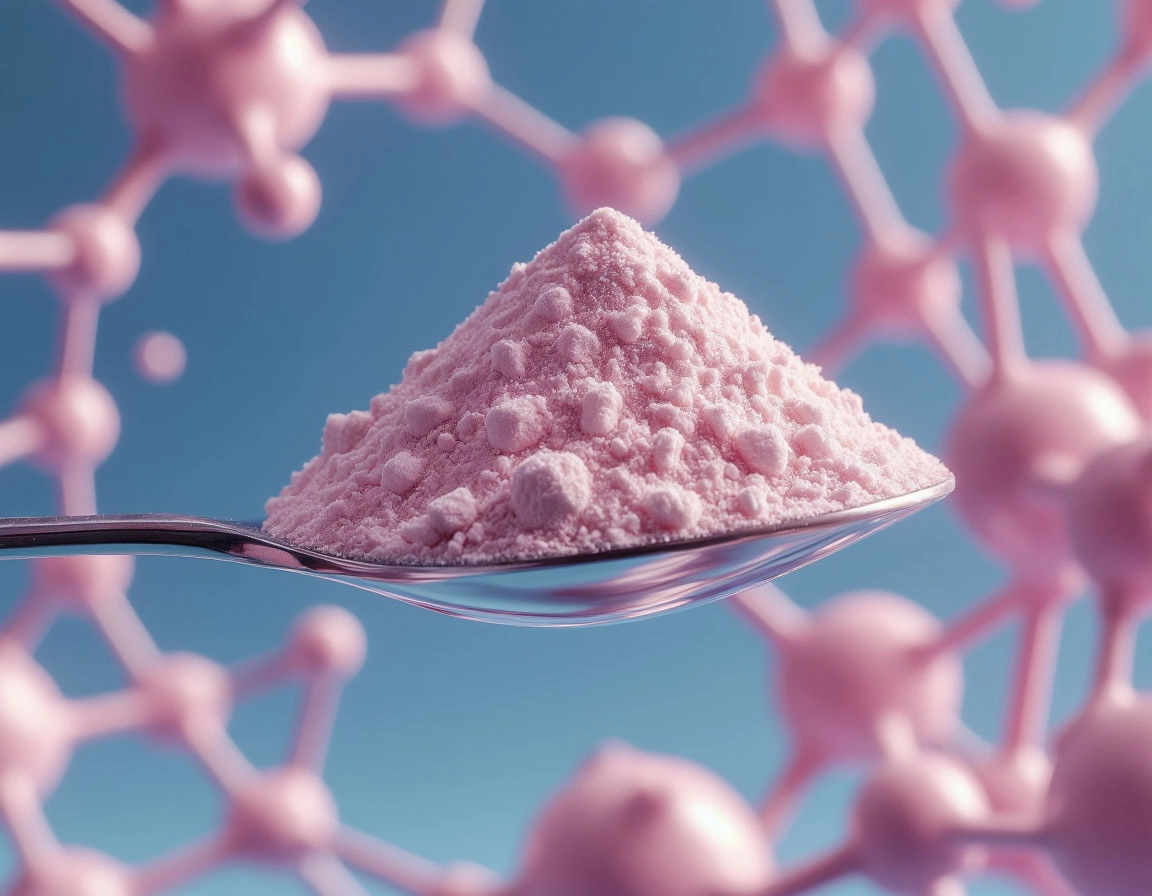
🌱 Methionine – Sulfur for Cleanse and Repair
Methionine is a sulfur-containing amino acid that assists in the production of glutathione, the body’s master antioxidant.
It contributes to:
- Phase 2 liver detoxification, binding toxins for excretion
- Reducing liver fat accumulation
- Supporting cell repair and regeneration
Because sulfur is essential for neutralizing heavy metals and chemical residues, methionine plays a foundational role in metabolic detox.
💧 Why Gentle Detox is More Effective Long-Term
Unlike aggressive detox regimes that may cause fatigue, nutrient loss, or mood swings, lipotropic-based detox is sustainable and supportive:
- No starvation or extreme food restrictions
- Works with your body’s rhythms, not against them
- Can be continued long-term without side effects
- Especially beneficial for people with slow metabolism, high stress, or poor liver markers
This approach fits perfectly into a balanced lifestyle, particularly during times of poor diet, increased alcohol intake, or weight management goals.
Flying used to feel like a stress marathon: rushing, queuing, lugging bags, and the constant hum of announcements drilling into my brain. Then I realized the real work wasn’t in the air but in the waiting—in the liminal spaces between takeoff and touchdown.
Now, I find my calm in little rituals: a slow stretch by the gate, headphones on with a favorite playlist, a deliberate sip of lukewarm coffee, even a few deep breaths while watching the fluorescent ceiling tiles. These aren’t grand moves—more like tiny anchors that remind me I still exist beyond the boarding pass.
I try to switch off my phone when the seatbelt sign flickers on. No emails, no scrolling. Just space to think, watch clouds, or scribble a quick poem in my notebook. And in hotels, I unpack my slippers first, making a small corner feel like home, no matter the city or timezone.
It’s not about escaping travel chaos, but finding balance inside it. Airports don’t own me. I own my moments between gates—and that’s where I recharge.
In today’s fast-paced world, maintaining sharp mental focus and a strong memory is more important than ever. Women aged 30 to 45, who often balance demanding jobs, family care, and personal life, especially feel the pressure on their cognitive functions. Constant multitasking, stress, and sleep deprivation can negatively affect brain performance. The good news is that the right nutrition and brain-supporting vitamins can enhance memory, concentration, and overall mental clarity. This article dives into which nutrients your brain craves and how to choose the best supplements for cognitive health.
🧩 Why Does Your Brain Need Vitamins and Nutrients?
Your brain is the command center of your entire body, orchestrating everything from movement to emotions and decision-making. To perform at its best, it relies on a variety of essential nutrients that support neuron communication, protect brain cells, and boost blood flow. Without these key vitamins and minerals, memory may fade, focus can weaken, and you might experience chronic fatigue or brain fog. Women in their 30s and 40s face unique challenges: hormonal fluctuations, increased responsibilities, and higher stress levels, all of which can impact cognitive health. Thus, nourishing your brain isn’t just a trend — it’s a vital step toward maintaining mental vitality.
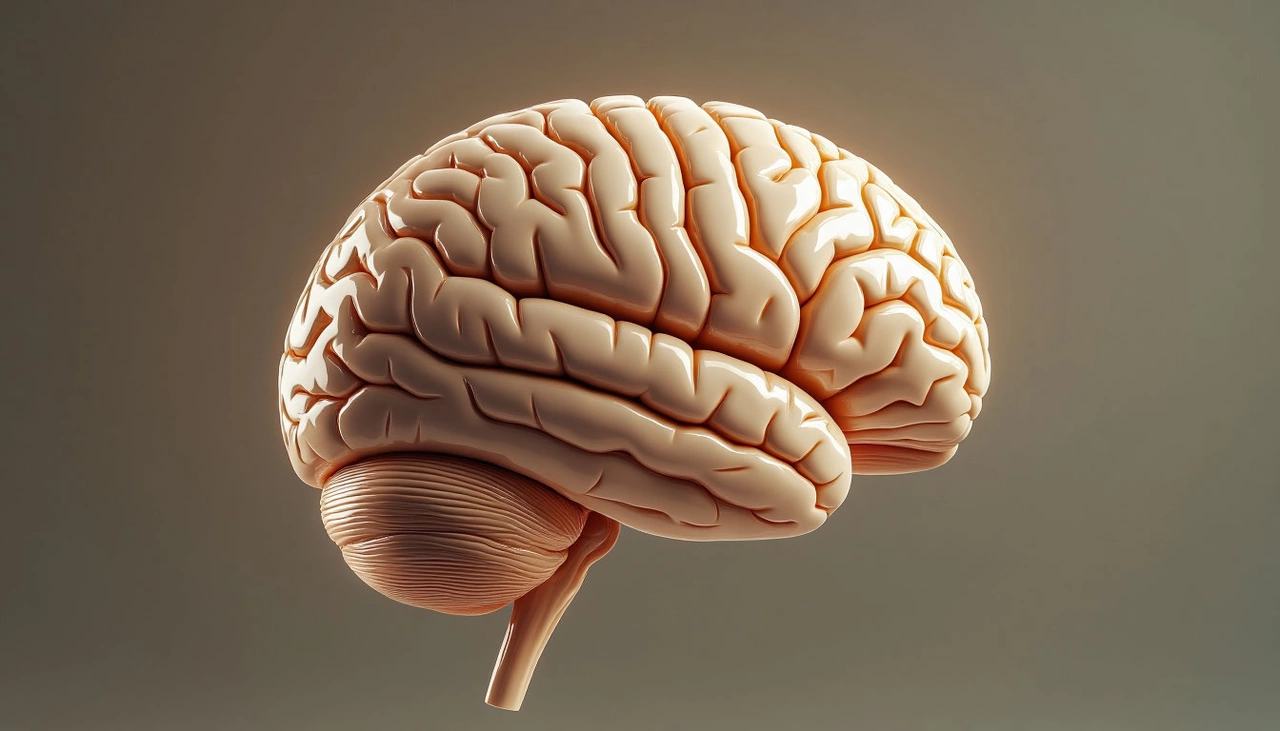
🌿 Key Vitamins and Nutrients for Memory and Concentration
1. B Vitamins – The Brain’s Powerhouse
Vitamins B6, B9 (folate), and B12 play a crucial role in maintaining a healthy nervous system. They facilitate the production of neurotransmitters — the brain’s messengers — ensuring smooth communication between brain cells.
- Vitamin B6 (Pyridoxine): Enhances cognitive function and helps manage stress.
- Vitamin B9 (Folate): Supports memory and concentration during mentally demanding times.
- Vitamin B12 (Cobalamin): Prevents fatigue and boosts brain efficiency.

2. Omega-3 Fatty Acids – Brain’s Building Blocks
Omega-3s, especially DHA (docosahexaenoic acid), are fundamental components of brain tissue, making up around 40% of the brain’s fat content. They help maintain cell membrane health, improve memory, and reduce anxiety.
Sources: Fatty fish like salmon and mackerel, flaxseed oil, walnuts. If your diet lacks these, consider omega-3 supplements.
3. Vitamin D – The Mood and Brain Booster
Known mostly for bone health and immune support, vitamin D also plays an important role in cognitive function. It can elevate mood, reduce depression risk, and enhance concentration.
Especially crucial during fall and winter months when sunlight exposure decreases.

4. Magnesium – The Stress Reliever
Magnesium helps regulate nerve function, improve sleep quality, and mitigate stress. Lack of magnesium can lead to irritability, insomnia, and trouble focusing.
Found in: Nuts, seeds, leafy greens, bananas. Supplements can be beneficial if fatigue persists.
5. Vitamin E – The Brain’s Protector
As a potent antioxidant, vitamin E protects brain cells from oxidative damage, supports memory retention, and may reduce age-related cognitive decline.
Sources: Nuts, seeds, vegetable oils.
6. Iron – Oxygen Delivery for Brain Cells
Iron transports oxygen throughout the body, including the brain. Iron deficiency can cause anemia, tiredness, and difficulty concentrating. Women are particularly vulnerable to low iron levels.
Sources: Red meat, liver, spinach, legumes.
💡 Final Thoughts
Investing in your brain’s health is investing in your future. Proper vitamins and nutrients for memory and concentration empower you to tackle daily challenges with sharpness and energy. Don’t forget that balanced nutrition, sufficient sleep, and regular physical activity are all key to cognitive well-being.
Start with small changes: add brain-supportive foods to your diet, pick quality supplements, and monitor how you feel. Your brain will thank you with clearer thinking and improved focus!
🧬 The Beauty Duo: What They Are and Why They Matter
Collagen and hyaluronic acid are two buzzwords in skincare and wellness circles — and for good reason. Collagen is the structural protein that keeps skin firm and joints flexible. Hyaluronic acid, on the other hand, is a moisture-binding molecule that hydrates and plumps the skin. Both decrease with age, leading to wrinkles, sagging, and dryness. But should we replenish them topically, or take them as supplements?
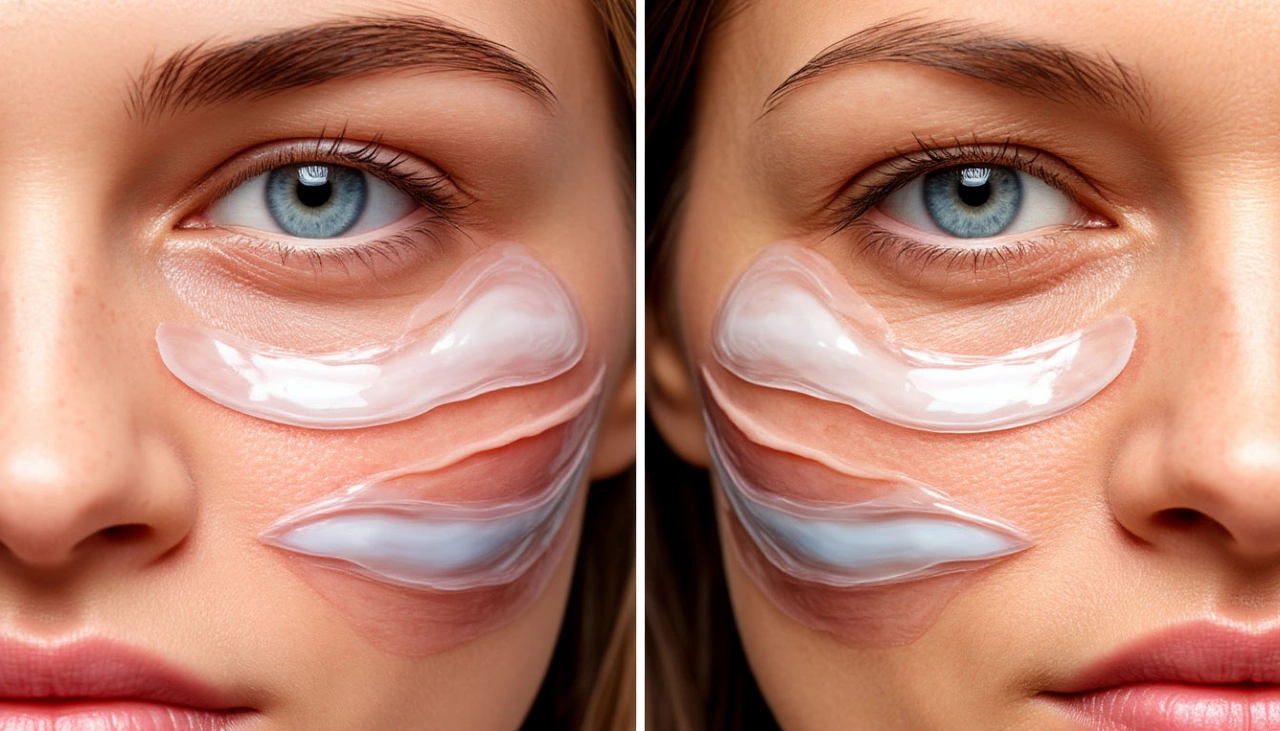
🧱 Collagen: The Skin's Building Blocks
Collagen gives strength and elasticity to our skin, bones, and connective tissues. It naturally declines as we age, especially after 30, resulting in visible aging signs like fine lines and loss of firmness.
- Topical Use: When applied as creams or serums, collagen mostly stays on the skin’s surface. The molecules are typically too large to penetrate deeply, offering only temporary smoothing and moisturizing effects.
- Internal Use: Hydrolyzed collagen (collagen peptides) taken orally is broken down into amino acids and absorbed through the gut, stimulating your body to rebuild its own collagen. Studies suggest that regular intake can improve elasticity, reduce wrinkles, and strengthen nails and hair.
💦 Hyaluronic Acid: The Master Hydrator
Naturally found in the skin, joints, and eyes, hyaluronic acid can hold up to 1000 times its weight in water. It’s key to maintaining plump, smooth, and dewy skin.
- Topical Use: Skincare with hyaluronic acid provides a strong surface-level hydration boost. It draws moisture from the environment into the skin’s upper layers, reducing the look of fine lines.
- Internal Use: Oral supplements help improve skin hydration from within and support joint health. Clinical studies confirm that consistent intake can visibly enhance moisture levels and skin texture.
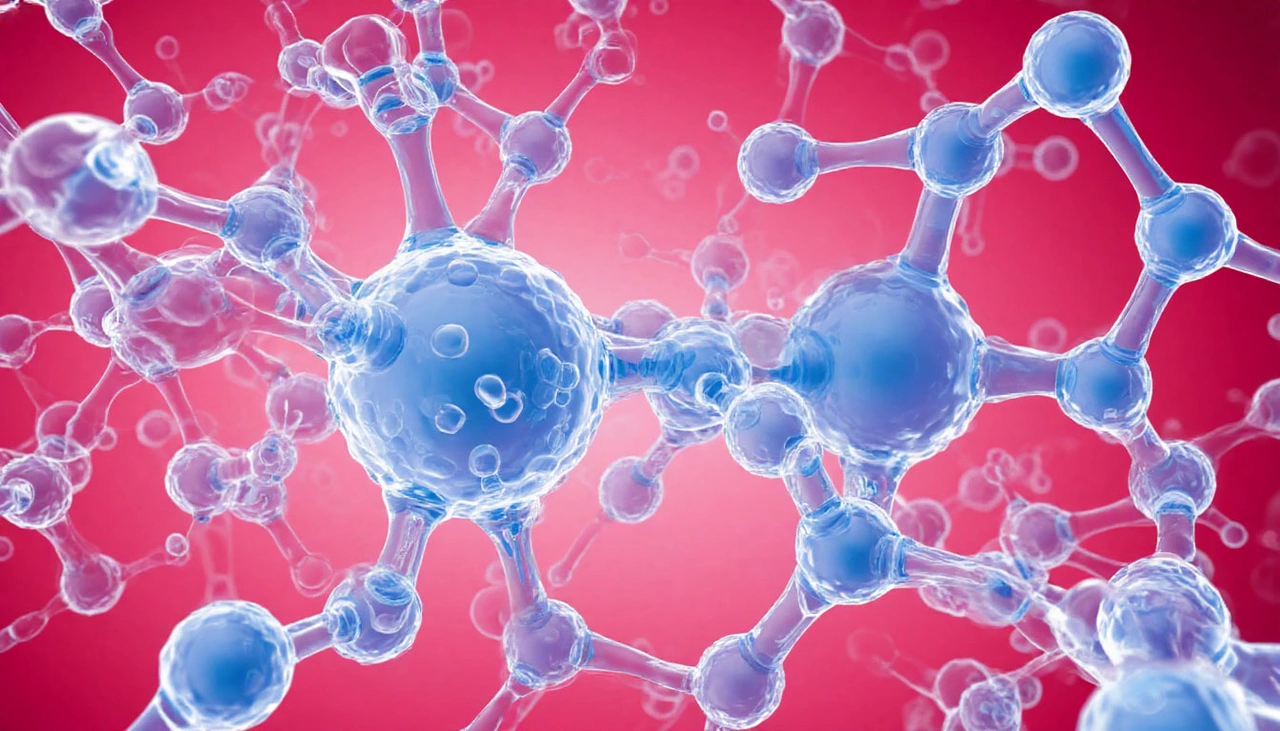
⚖️ Which Is Better: Drink It or Apply It?
Let’s compare the pros and cons of each approach:
Topical Pros:
- Immediate visible plumping and smoothing
- Easy to include in daily routines
- Suitable for all skin types
Topical Cons:
- Works only on the surface
- Effects are short-lived
Internal Pros:
- Supports skin, joints, nails, and hair
- Stimulates natural regeneration processes
- Long-term benefits
Internal Cons:
- Requires consistency (results in 4–8 weeks)
- Should be used under medical guidance
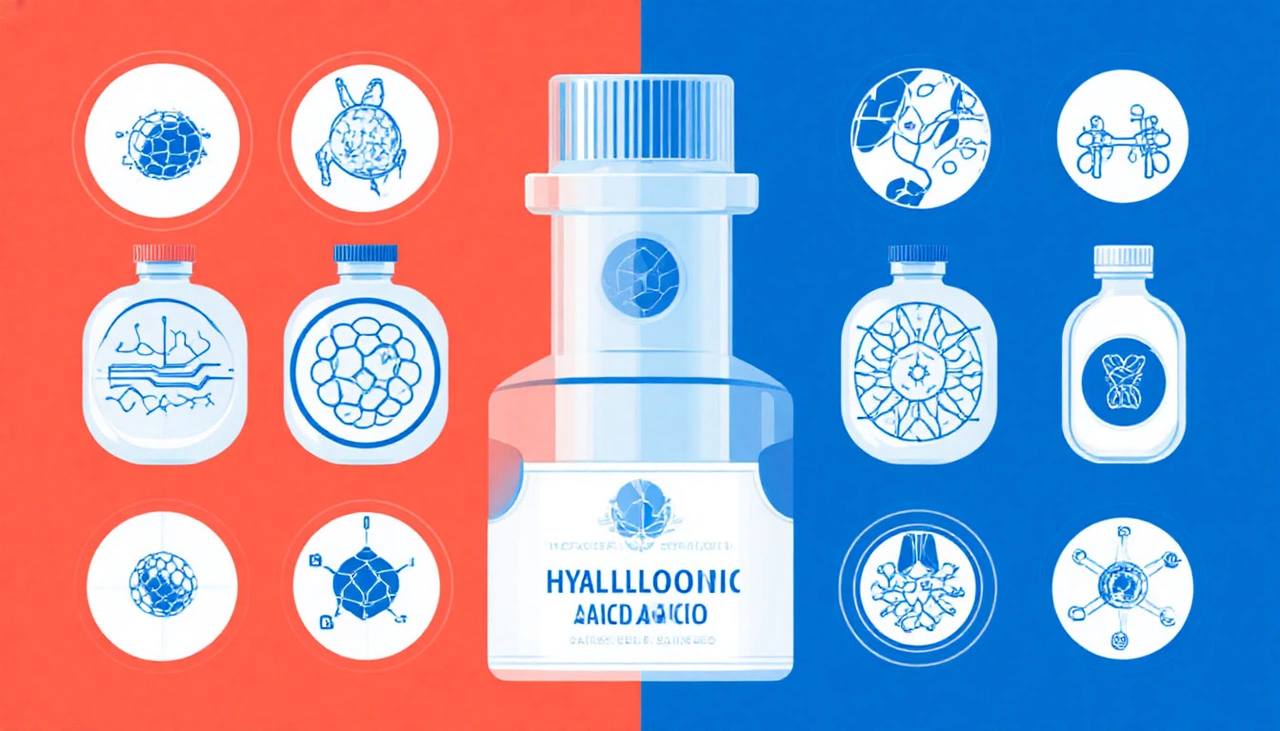
🛒 How to Choose the Right Products
For Collagen Supplements:
- Type I: Best for skin, hair, and nails
- Type II: Targets joint health
- Type III: Supports skin and blood vessels
- Choose hydrolyzed collagen for better absorption
- Prefer formulas with added Vitamin C (boosts collagen synthesis)
For Hyaluronic Acid Supplements:
- Look for low molecular weight for better skin penetration
- Choose capsules, powders, or liquid forms based on preference
- Additional ingredients like zinc or biotin can enhance the benefits
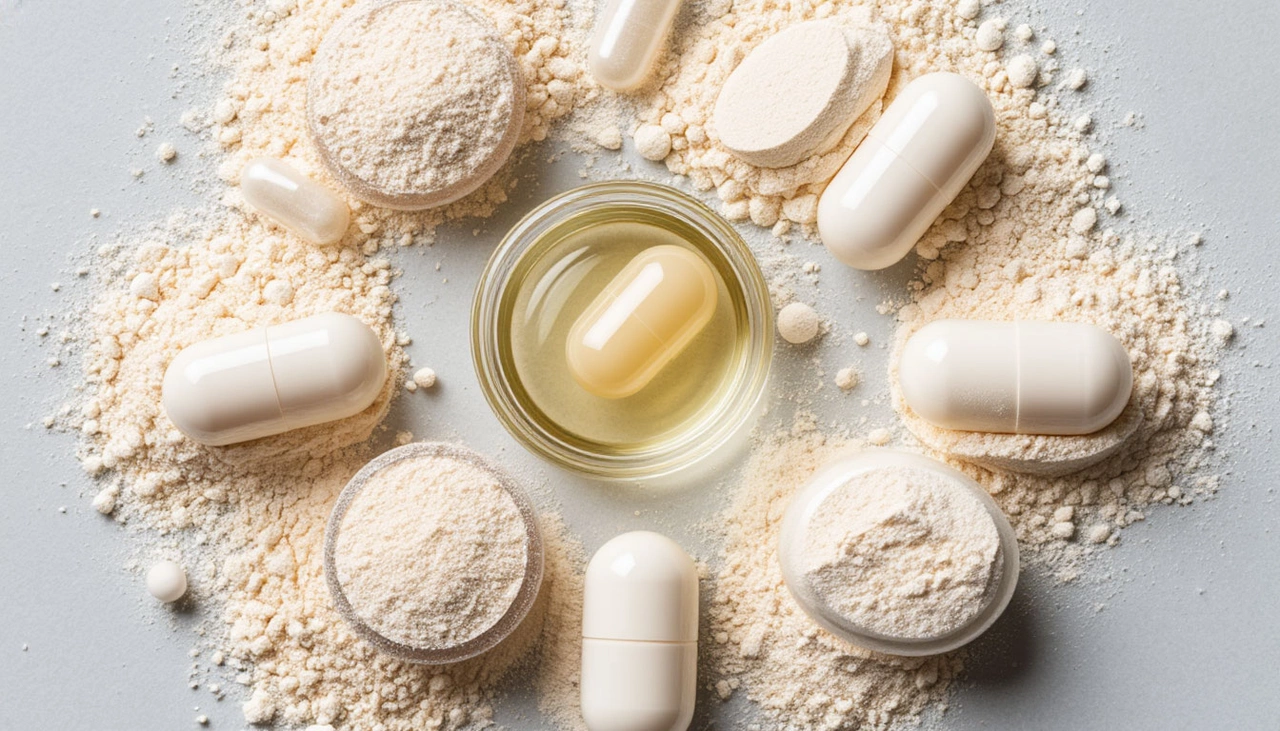
🧬 Why Women 30–45 Need a Structured Vitamin Routine
In the whirlwind of work, family, social responsibilities, and daily stress, many women between 30 and 45 face nutrient imbalances that are often invisible — until they turn into fatigue, mood swings, weakened immunity, or dull skin. This period in a woman’s life is rich with energy but also filled with hormonal shifts, emotional intensity, and rising physical demands.
Taking vitamins as a targeted course — not randomly and not forever — can replenish depleted stores, support mental and physical resilience, and act as a buffer against chronic conditions. But how exactly should these courses be structured, and how do you know what your body needs?
🩺 How to Identify What Your Body Is Missing
Before grabbing a multivitamin from the nearest store, take a moment to assess:
- 📊 Blood tests: A lab test can uncover deficiencies in vitamin D, B12, iron, and more. It’s the most precise starting point.
- 👩⚕️ Doctor’s advice: A healthcare professional or nutritionist can interpret test results and lifestyle data to tailor a course just for you.
- 🧘♀️ Self-observation: Notice signs — tiredness, brittle nails, dry skin, poor sleep, mood swings, or frequent colds. These often point to specific deficiencies.

📆 The Golden Rules of Vitamin Courses
To get real, lasting results from supplements, consistency is key — but so is strategy. Here’s how to do it right:
⏳ 1. Stick to Time-Limited Courses
Most vitamins should be taken for 1 to 3 months, followed by a break or re-evaluation. Long-term continuous use may do more harm than good, leading to overload or reduced absorption.
⏰ 2. Take Them at the Right Time
Different vitamins absorb better depending on the time of day:
- Morning: Vitamin C and B-complex (boosts energy)
- With meals: Vitamin D, calcium, omega-3 (fat-soluble)
- Evening: Magnesium, B6, or calming formulas (aid sleep and relaxation)
🧪 3. Follow the Dosage
More isn’t always better. Excess fat-soluble vitamins (like A, D, E, K) can accumulate and become toxic. Stick to recommended levels unless otherwise advised by a doctor.
⚖️ 4. Combine Wisely
Some vitamins enhance each other’s effects, while others clash:
- Synergistic: Vitamin D + calcium, Vitamin C + iron
- Avoid mixing: Zinc and copper, iron and calcium in the same dose
💊 5. Choose the Right Format
Vitamins come as capsules, tablets, powders, gummies, or liquids. Liquids absorb faster but expire quicker. Capsules are convenient for busy lifestyles.
🧘 Final Thoughts
Taking vitamins isn’t just about popping pills — it’s a way of listening to your body, understanding its evolving needs, and giving it the support it deserves. For women aged 30 to 45, a smart vitamin regimen can be the difference between dragging through the day and feeling empowered and radiant.
Remember: supplements are part of a bigger picture. Eat a diverse diet, move your body, rest, and nurture your inner world — and your outer health will follow.
☀️ Why Summer Is a Stress Test for Hair and Nails
While summer brings warmth, freedom, and glowing sunsets, it also comes with a hidden cost for our beauty. Hair and nails often suffer in the heat, becoming brittle, dry, and lifeless. But why?
Key factors that damage hair and nails during summer:
- UV Radiation: Sunlight breaks down keratin—the key structural protein in hair and nails—causing dryness and breakage.
- Salt & Chlorine Exposure: Seawater and pools strip away moisture and essential nutrients.
- Temperature Fluctuations: Transitioning between hot streets and air-conditioned spaces dehydrates your body, including hair and nails.
- Nutrient Loss: Sweating and lighter summer diets often lead to vitamin and mineral deficiencies.

💊 Inner Beauty: How Supplements Work Their Magic
Topical care like serums and conditioners helps, but true transformation begins within. Dietary supplements—or nutraceuticals—deliver the building blocks needed to repair and protect from the inside out.
How supplements support hair and nail health:
- Boost growth and thickness
- Enhance hydration and elasticity
- Prevent brittleness and peeling
- Strengthen follicle and nail bed structure
- Combat environmental stress
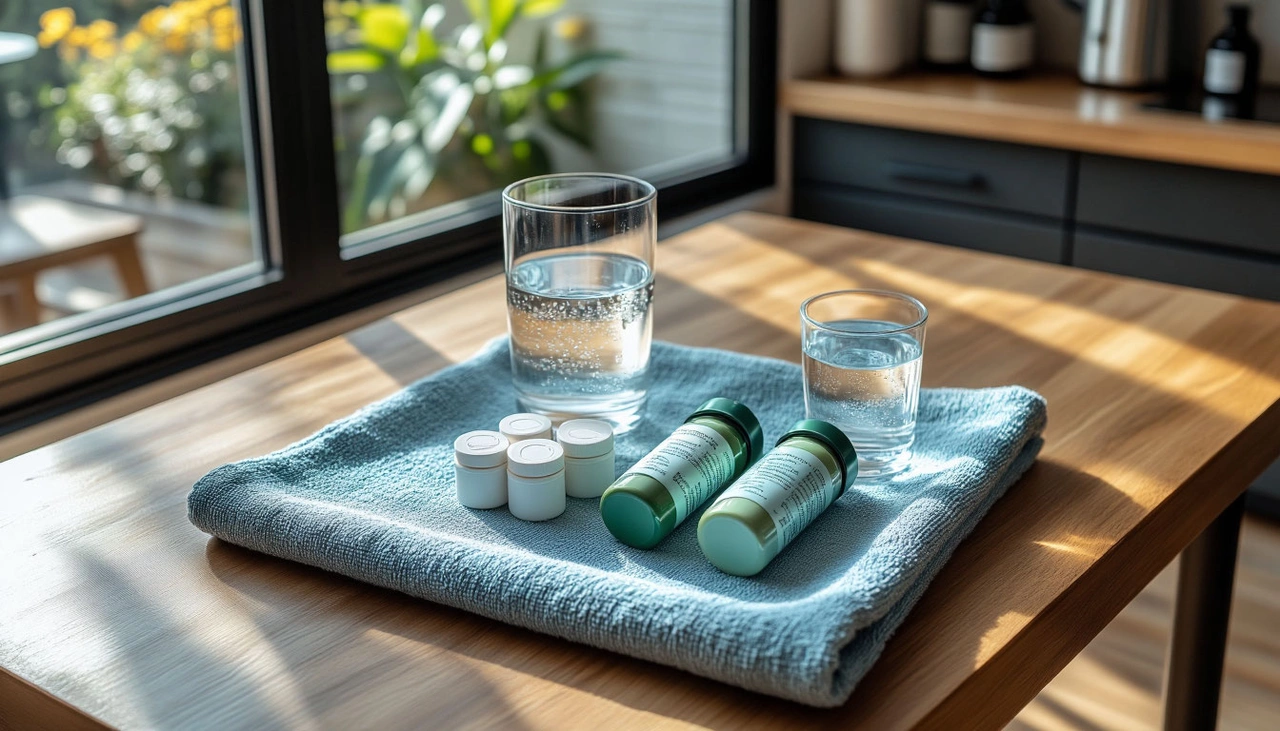
🔬 Key Ingredients to Look For
- Biotin (Vitamin B7)
Essential for keratin synthesis, biotin strengthens hair and nails and reduces shedding. Clinical studies confirm its effectiveness in reversing nail brittleness.
- Zinc
This mineral aids in cellular repair and regeneration, helping to reduce hair loss and promote nail strength.
- Collagen
Hydrolyzed collagen improves hair elasticity and nail resilience. It's a foundational protein that supports structure and shine.
- Vitamin D
Supports calcium absorption and hair follicle cycling. Often depleted in summer due to sunscreen use.
- Omega-3 Fatty Acids
Improve scalp and nail bed hydration from within. Omega-3s also enhance circulation, nourishing the follicles.
- Vitamin E
A powerful antioxidant that protects against free radicals and sun damage.
- Selenium
Vital for scalp health and nail hardness, it helps the body produce antioxidant enzymes.
- Horsetail Extract (Silica)
A natural source of silicon, which boosts the durability and gloss of hair and nails.
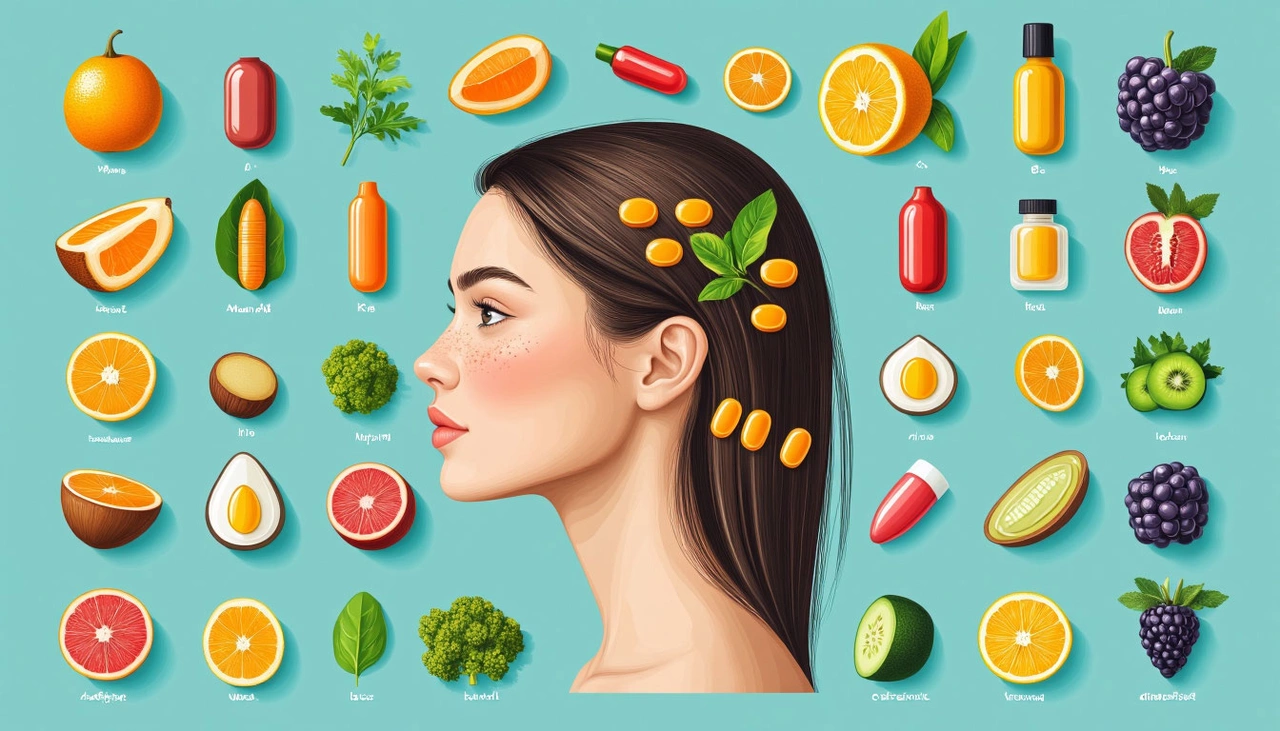
🛒 How to Choose the Right Supplements
With so many options available, making a wise choice matters. Here's how:
- Check the ingredient list: Look for evidence-based compounds like biotin, zinc, collagen, and omega-3.
- Reputable brands only: Stick with brands that offer transparency, third-party testing, and certifications.
- Pick your format: Capsules, powders, or gummies—choose what fits your lifestyle.
- Ask your doctor: Especially if you’re on medications or managing a chronic condition.

👩🎓 In Your 20s and 30s: Building the Foundation
Your twenties and thirties are the time to set the tone for decades of health ahead. While your body may still feel invincible, subtle changes in metabolism, skin resilience, and hormones have already begun — and smart supplementation can make all the difference.
✨ Skin & Collagen Support
As early as 25, your body slows down collagen production. This essential protein maintains skin elasticity, hydration, and firmness — and without it, fine lines and dullness start to creep in.
Recommended supplement:
- Collagen peptides (hydrolyzed for better absorption)
Also consider:
- Selenium – a powerful antioxidant that protects cells from free radical damage
- Zinc – for reducing skin inflammation and supporting healthy hair
- B Vitamins – to maintain skin structure and support energy production

💡 Hormonal Balance & Mood
Mood swings, anxiety, and even early signs of hormonal imbalance may emerge due to lifestyle stressors. Research shows that B-complex vitamins help regulate neurotransmitters, leading to more emotional stability and reduced risk of depression.
Don't skip:
- Magnesium – supports the nervous system, eases anxiety, and promotes restful sleep

🌊 Stress Resilience
Between work, social life, and self-discovery, stress often becomes a background noise in this decade. To buffer its physical toll, especially on the adrenal system:
- Omega-3 fatty acids (EPA & DHA) – proven to reduce cortisol levels and calm the nervous system

🏋️♀️ In Your 40s: Strength, Digestion & Metabolism
Your forties mark a transitional period. Muscle mass begins to decline, metabolism slows, and the body reacts more strongly to foods and stressors. But this is also a powerful decade to redefine your strength — inside and out.
💪 Muscle Maintenance
Muscle loss isn't just about physical appearance — it impacts metabolism and insulin sensitivity. Strength training and protein are essential, but so are these vitamins:
- Vitamin B12 – supports red blood cell production and muscle oxygenation
- Vitamin D – critical for calcium absorption and muscle function
- Vitamin C – enhances collagen synthesis and supports immunity

🧠 In Your 50s and Beyond: Brain, Bones & Longevity
After 50, the focus shifts to longevity, cognitive function, and maintaining independence. Nutrient absorption naturally declines, even if your diet is cleaner than ever — which makes supplementation more important than ever.
🦴 Bone Protection
Bone density decreases with age, especially in postmenopausal women. Protect your frame with:
- Calcium – for bone strength
- Magnesium – supports bone mineralization
- Vitamin D3 – enhances calcium absorption and supports immune function
🌟 Food: Not Just Fuel, But a Life Companion
Food is often seen only as a source of calories, nutrients, and energy — something purely utilitarian. But in reality, it's woven into every corner of our lives. From childhood birthdays with cake and candles to family dinners during the holidays, eating isn't just about surviving — it's about feeling, connecting, remembering.
✅ Cultural meaning: Meals unite generations, preserve traditions, and serve as rituals — imagine Christmas without your family’s signature dish.
✅ Emotional support: Comfort foods (hello, chocolate ice cream) often bring us relief and even healing in hard times.
✅ Social glue: We celebrate, mourn, and connect over food. A bowl of popcorn while watching a movie with friends? Classic bonding.
👉 Food is emotional. It's symbolic. And it's deeply personal.

💚 What Does a Healthy Relationship with Food Look Like?
A healthy relationship with food means freedom — freedom from guilt, from obsession, and from the idea that your worth is tied to what’s on your plate.
Here’s what it does look like:
- Listening to your body: Eat when you’re hungry, stop when you’re satisfied — not stuffed.
- No forbidden foods: You can enjoy dessert without “earning” it or punishing yourself afterward.
- Balanced control: You’re in charge of your choices, not driven by shame, rules, or fear.

🚫 Signs You May Have an Unhealthy Relationship with Food
Sometimes the signs are subtle, and sometimes they're overwhelming. If any of these patterns sound familiar, it may be time to reflect:
- Obsessing over calories or rigid food rules
- Labelling foods as “good” or “bad”
- Feeling guilt after eating something “unhealthy”
- Binge-eating after long periods of restriction
- Avoiding eating in public out of fear of judgment
These behaviors don’t just create stress — they disconnect us from the joy and nourishment food should bring.

🛤 Steps Toward Healing Your Relationship with Food
Ready to feel peace around food again? Here are concrete steps to rebuild trust with your body and mind.
1. 🎯 Let Go of Food Guilt
Not every meal needs to be Instagram-worthy or nutritionally perfect. A pizza night or a spontaneous dessert doesn’t cancel out all your efforts. Consistency > Perfection.
2. 🧠 Listen Inward
Tune into your physical hunger and fullness cues. Ask: Am I truly hungry, or just stressed or bored? Am I enjoying this bite, or eating on autopilot?
3. 🍰 Enjoy, Don't Just Allow
Eat your favorite foods with intention. Savor them. Making peace with all foods can actually reduce cravings and overeating.
4. 🧘 Practice Mindful Eating
Slow down. Focus on the flavors, textures, and aromas. Put your phone down. Be present — food tastes better that way.